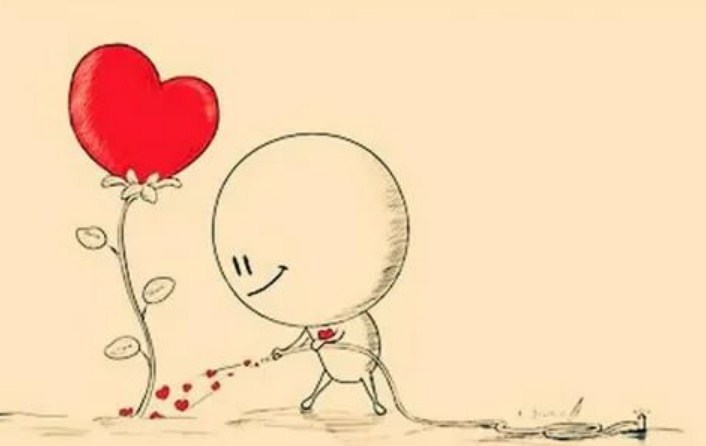Russian folklore is rich in all kinds of proverbs and sayings. This folklore small genre consists of well -aimed expressions invented by our ancestors and they are entirely filled with folk wisdom, experience and everyday rules.
All proverbs are the centuries-old achievements of people who once lived, created, worked and noticed a lot around them. We, contemporaries, now use their heritage with great pleasure. After all, it is much easier to say to a person, for example: “What you sow, then you will reap,” how to explain to him for a long and tedious that he did wrong.
The meaning of the proverb "What you sow, then you will reap"
- Two parts are usually combined in the proverbs - one of them has a straight line, and the second - a figurative meaning. The expression "what you sow, then you will reap."
- Direct value of this proverb: If you sowed pumpkin seeds in the ground, for example, it means that in the fall you will get the crop precisely pumpkin, but not watermelons or melons - this is a kind of axiom that does not require evidence. Again, if the seeds were of high quality, then the expected harvest will be good, unless, of course, weather conditions do not prevent this.

- The portable meaning of the proverb: It can be applied during different everyday situations. All kinds of steps undertaken by people or the word they said, often affect their future life - after all, everything is interconnected in this world.
- An example of this can be folk tales and works of literature. A striking example of this can be the fable of Krylov “Dragonfly and Ant”. The dragonfly “Summer Red San”, so in winter it turned out to be no one needed, hungry and frozen. Such a person who lives on everything ready exclusively for the sake of satisfying only their own needs And desires, you always need to be prepared for the fact that he will ever refuse help, saying at the same time: “Did you sing everything? This business! So go dance. ” But the man-to-man worked hard, built a house and prepared for winter-of course, he earned all kinds of benefits for himself, and, if necessary, others would not refuse to help with such a person.
- You cannot offend anyone in this life, to be callous or indifferent to someone else's trouble. With its cruel or rash acts, it is quite possible to harm not only to others, but, ultimately, to yourself. Indeed, from a person who lives, in accordance with his personal desires and requirements, all people will ultimately turn away. He “sowed” indifference around him - get indifference in response, and cruelty will give rise to response violence.
- No one will love, appreciate or respect a person if he offends or ignores everyone else. Therefore, if a disaster suddenly happens to him, no one will reach out to him a friendly hand of help. And, on the contrary, a kind and merciful person can always count on a good attitude to himself. What will be your message to the universe - like a boomerang, will return to you.
- The connection in the philosophical teachings of different nationalities is traced. Residents of the East, and now many Europeans believe in the existence of karma - that is, everything that is happening with a person now is a consequence of his behavior in a past life.
- In order for the subsequent incarnation, tragic events do not take place, you should now do good deeds, live, in accordance with the norms of morality of society. To sow only good around you, and it will return to you a hundredfold - both in this life and in all subsequent incarnations, because this is precisely the deepest meaning of human existence.

The origin of the proverb "What you sow, then you will reap"
- The moralizing: “what you sow, then you will reap,” often use people who do not even suspect that this phrase is taken from the Bible is in their speech - though in a slightly altered form.
- The New Testament says: “Do not be deceived, God is not scolding. What a person sows is to reap. ” This means that sowing and harvest are the indestructible law of God, and like this is the same indestructible, there is a connection between the affairs of man and his whole life.
Now this sustainable expression “what you sow, then you will reap” a narrower meaning has appeared: you need to treat others the way you would like people to treat you. "Sith" good deeds, and they will return to you a hundredfold!
Interesting proverbs and their interpretations in the following articles:
- "Do not count your chickens before they are hatched"
- "On a thief and hat is on"
- "Time, fun hour"
- "Measure seven times, and cut once"
- "Word - silver, silence - gold"
- "Be not a skill for promises, but a skorus for execution"







